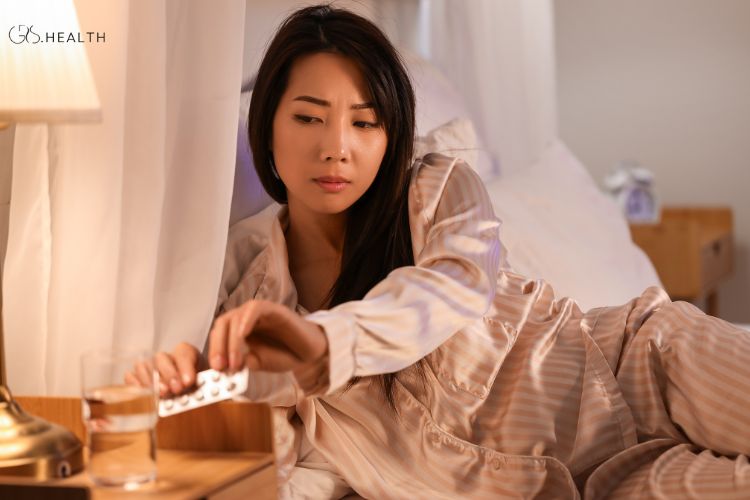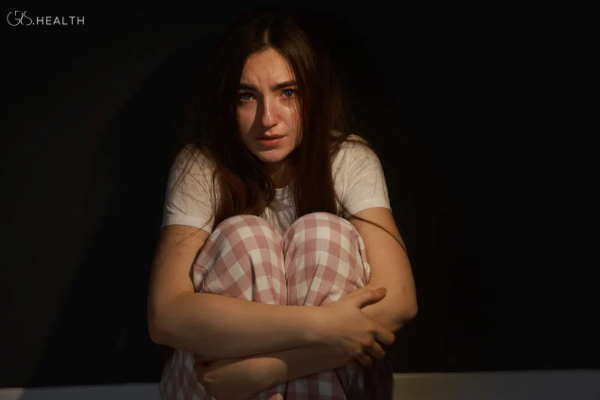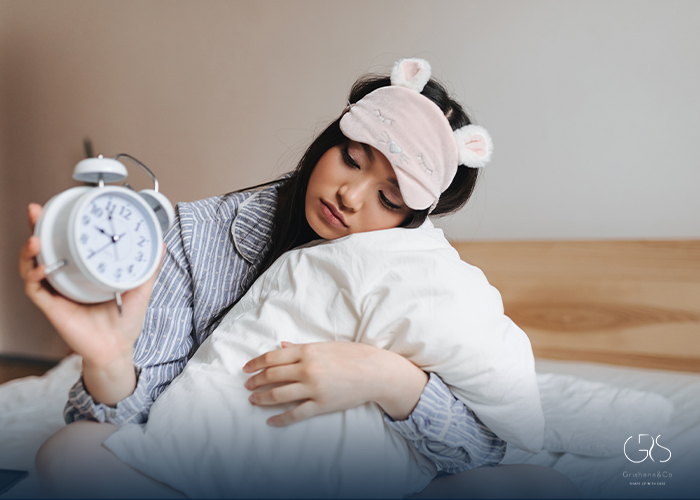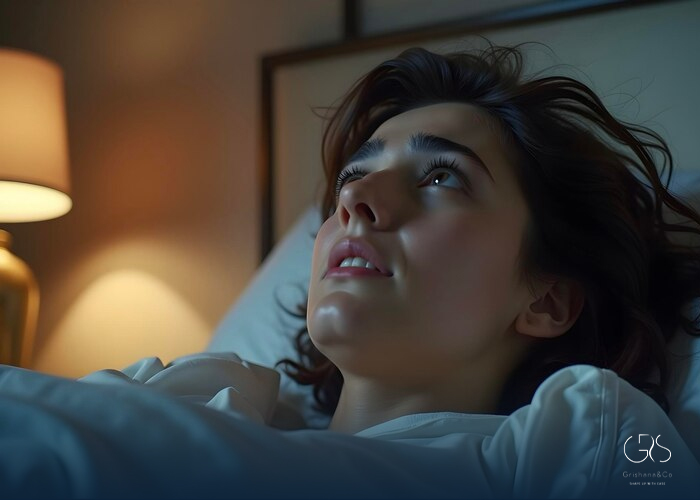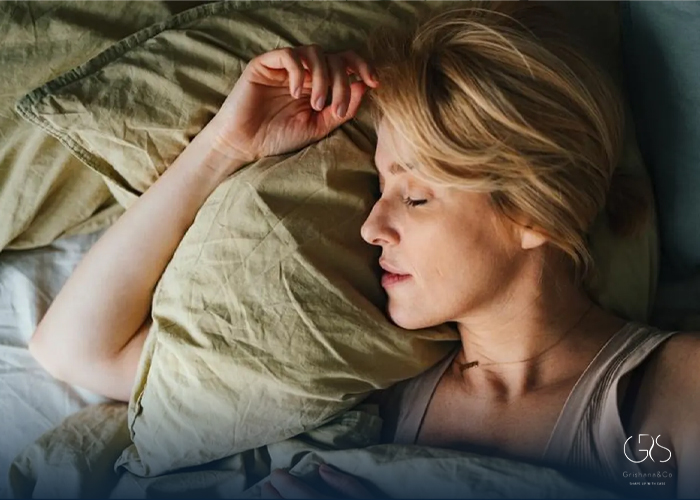Characterized by an irrational fear of falling asleep, somniphobia, also known as hypnophobia, is a relatively uncommon but deeply distressing phobia. Individuals experiencing these symptoms often encounter anxiety, panic attacks, and intense fear when faced with the prospect of going to sleep. Despite not being as widely studied as other phobias, somniphobia symptoms can have significant impacts on a person’s physical and mental health if left unaddressed.
Symptoms and Causes
The symptoms of somniphobia can vary from person to person, but typically include palpitations, sweating, trembling, and feelings of dread. Over time, the fear of sleep can lead to chronic insomnia, causing exhaustion and negatively impacting a person’s quality of life. The causes of somniphobia may be rooted in past traumatic experiences, such as nightmares, nighttime terrors, or sleep-related anxiety disorders. Additionally, underlying mental health issues or conditions such as depression, anxiety, or post-traumatic stress disorder can contribute to the development of somniphobia.
(If you would like to learn more about the causes of anxiety, I suggest reading this article.)
(I suggest reading our article about signs and symptoms of depression.)

Impact on Health and Well-being
The fear of sleep can contribute to a range of health issues, including increased stress levels, fatigue, impaired cognitive function, and compromised immune system. Chronic sleep deprivation, often a consequence of somniphobia, can lead to long-term health problems such as cardiovascular diseases, obesity , and mental health disorders. In severe cases, somniphobia can significantly impair a person’s ability to function in daily life, leading to social isolation and deteriorating mental health.

Treatment Options
Addressing somniphobia typically involves a combination of therapy and lifestyle changes. Cognitive-behavioral therapy (CBT) is often used to help individuals reframe negative thought patterns related to sleep and develop coping mechanisms to manage anxiety. Relaxation techniques, such as mindfulness meditation, deep breathing exercises, and progressive muscle relaxation, can also be beneficial in reducing anxiety and promoting restful sleep. In some cases, medication may be prescribed to alleviate symptoms of anxiety or insomnia.
(Please refer to our article on the benefits of breathing exercises for more information)
(Read more about meditation benefits)
Diverse Perspectives
It is important to recognize that cultural and individual differences can influence the experience of somniphobia. Some cultures may have different beliefs and attitudes towards sleep and dreams, which can impact how somniphobia is perceived and addressed. Additionally, individuals from diverse backgrounds may have unique experiences related to sleep, making it essential for healthcare professionals to take a culturally sensitive approach when providing care for those struggling with somniphobia.
Relevant Statistics
According to the American Sleep Association, approximately 40 million Americans suffer from chronic long-term sleep disorders, which can include somniphobia (American Sleep Association, https://www.sleepassociation.org/sleep-disorders/). The prevalence of somniphobia in the general population is not as well-documented, likely due to underreporting and lack of awareness surrounding the condition.
Conclusion
Somniphobia is a complex and often misunderstood phobia that can have significant implications for an individual’s health and well-being. Understanding the symptoms, causes, and treatment options for somniphobia is essential in providing support and guidance to those affected by this condition. By approaching somniphobia with empathy, cultural sensitivity, and a comprehensive understanding of its impact, healthcare professionals and individuals alike can work towards promoting better sleep health and overall wellness for everyone.
Sources
- American Sleep Association, Sleep Disorders: An Overview
- Harvard Health Publishing, The health hazards of insufficient sleep
- National Alliance on Mental Illness, Mental Health Conditions




